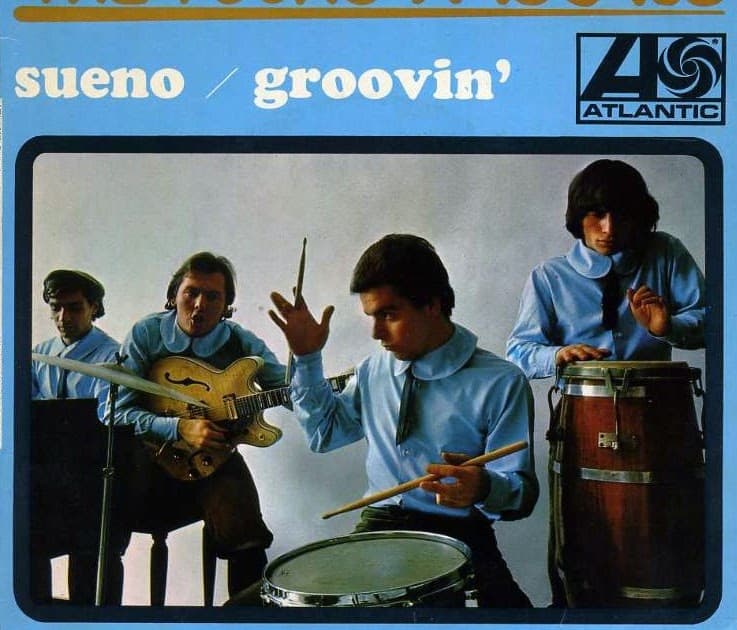
The Young Rascals – Groovin’: A Sunday Afternoon Anthem of Love and Leisure
Released in 1967, Groovin’ by The Young Rascals became an emblematic track of the 1960s, celebrated for its seamless blend of Latin influences and American pop-soul. Written by band members Felix Cavaliere and Eddie Brigati, the song marked a departure from the Rascals’ previous garage rock sound, venturing into smoother, more sophisticated musical territory. What made Groovin’ particularly special was its ability to capture the carefree feeling of a Sunday afternoon, transforming it into an enduring anthem of relaxation, love, and unhurried joy.
The inspiration for Groovin’ came from Cavaliere’s own life—specifically, his relationship with his girlfriend Adrienne Buccheri. Due to their busy schedules, the two could only see each other on Sundays, and this longing to savor the time they had together became the essence of the song. The simple but evocative lyrics reflect a sense of contentment in the ordinary, as the narrator revels in the pleasure of spending a laid-back day with a loved one. In a way, the song’s message is about cherishing life’s fleeting moments, especially those spent in quiet, intimate connection with someone special.
Musically, Groovin’ marks a significant departure from the Rascals’ earlier, more frantic garage rock sound. The song’s use of Latin rhythms, particularly baião, gives it a distinctive groove that’s both smooth and infectious. The laid-back tempo and warm, melodic structure provide a perfect backdrop to the lyrics, inviting listeners to immerse themselves in the relaxed atmosphere of the narrative. The track’s soft percussion, soulful keyboard, and jazzy horns create a dreamy ambiance that mirrors the peaceful, leisurely pace of the Sunday afternoon it describes.
The arrangement of Groovin’ also reveals a deeper influence of soul and rhythm and blues, genres the Rascals had previously dabbled in but not fully embraced. The track’s mellow, groove-driven quality stands in stark contrast to the energetic rock sound that dominated much of the era, making it a unique entry in the 1960s musical landscape. This shift allowed the band to reach new audiences and demonstrate their versatility beyond their garage rock roots.
Lyrically, Groovin’ exudes a laid-back charm that resonates with anyone who’s ever sought the simple pleasure of spending time with a loved one, free from the pressures of the world. The imagery of a “lazy Sunday afternoon” paints a picture of a world where time slows down, and nothing matters except the joy of being present with one another. The song’s gentle narrative captures the essence of youthful romance, nostalgia, and the beauty of quiet moments spent together.
Upon its release, Groovin’ became a major hit, reaching No. 1 on the Billboard Hot 100 chart in the U.S. and cementing The Young Rascals’ place as one of the most beloved pop groups of the era. The song’s success not only showcased the band’s ability to create timeless music but also highlighted the changing musical landscape of the 1960s, where artists were beginning to experiment with a broader range of influences and styles.
In many ways, Groovin’ embodies the ethos of the 1960s—a time of cultural change and experimentation, but also of an idealized longing for simplicity, peace, and connection. The song’s laid-back vibe and relatable subject matter made it a perfect reflection of an era that valued self-expression and intimate moments over the chaos of everyday life. Even decades later, Groovin’ remains a cherished classic, evoking the spirit of Sunday afternoons and the universal desire to take a break from the rush of life and simply enjoy the present.
For The Young Rascals, Groovin’ marked a defining moment in their career, allowing them to transcend their early rock and roll roots and venture into a more sophisticated sound. The song continues to stand the test of time as a symbol of the joy and contentment that can be found in the most ordinary of moments, making it a timeless anthem for anyone who has ever savored the simple pleasure of a day spent in love and leisure.